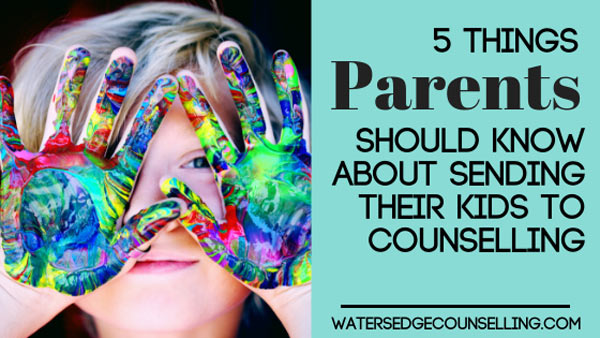
Whenever a child or teen enters the counselling room, they show a great amount of bravery. Often, this comes because their parent or guardian figure has encouraged them to see a professional, and told them how rewarding it will be.
But what happens once the child or teen begins counselling? Some parental figures assume the counsellor and child will work independently, and all that is required of them is a lift to and from each appointment. While others want to be present in every session, and ask advice.
No one child is the same, so naturally their interaction with a counsellor will change depending on their needs. But there are some fail-safe truths that every guardian needs to know once they’ve booked an appointment for their child. Here’s the 101.
-
Parents play a pivotal role in their child’s success
Counselling won’t work for your child or teen unless you’re willing to put in the hard yards with them. It requires you to commit to your child’s wellbeing so you encourage and enforce new practices or strategies at home. If the counsellor suggests an idea or practice (say, going to bed a certain time, making goals for school attendance or journaling every day), you need you to make sure this happens at home to the best of your ability.
-
Kids are kids
Don’t expect counselling to ‘cure’ your child of their naivety or (at times) persistent need for attention. While counselling will help your child to develop healthier relationships and build self confidence, they are still innately young. They will still need parenting around basic life skills like patience, social interaction, boundaries and hygiene.
-
Kids need space to heal and thrive
The relationship between parent or guardian and child is fundamental to their wellbeing, but there are moments you need to pull back so they can build resilience. Sometimes the line between stepping in for your child and holding back can be blurred, which is why it’s good to take it on a case-by-case basis. However, if you are answering questions for your child, telling them how to feel, or even directing their session you need to step back. Trust your child and their counsellor as they work together, and offer your feedback or advice when asked.
-
You may or may not be present in sessions
Every child or teen will differ on whether they want their parent or guardian in a session with them. Some will ask you to join them for the first few sessions, and once they feel safe and comfortable with their counsellor will ask you to wait outside. Others will prefer to do counselling alone so they can share their feelings without fear of hurting you. If you’re not sure if you need to be present, just ask your child and the counsellor what is best. The counsellor will let you know what is ideal for your child.
-
Counselling can set your kids up for life
Allowing your child or teen to attend counselling gives them the tools they need to navigate life with confidence and resilience. There will always be challenges, but by addressing current stress, anxiety or trauma now, you actually give them permission to grow into their healthiest selves. This will make them more fulfilled and self-aware adults.
Visit watersedgecounselling.com next week for 5 More Things Parents Should Know About Sending Their Kids to Counselling!
Is your child or teen stressed, anxious or traumatised? Are you concerned about their wellbeing? Contact Colleen on 0434 337 245 or Duncan on 0434 331 243 for a FREE 10 minute consultation on how we can best help you or book online now.
Leave a Reply